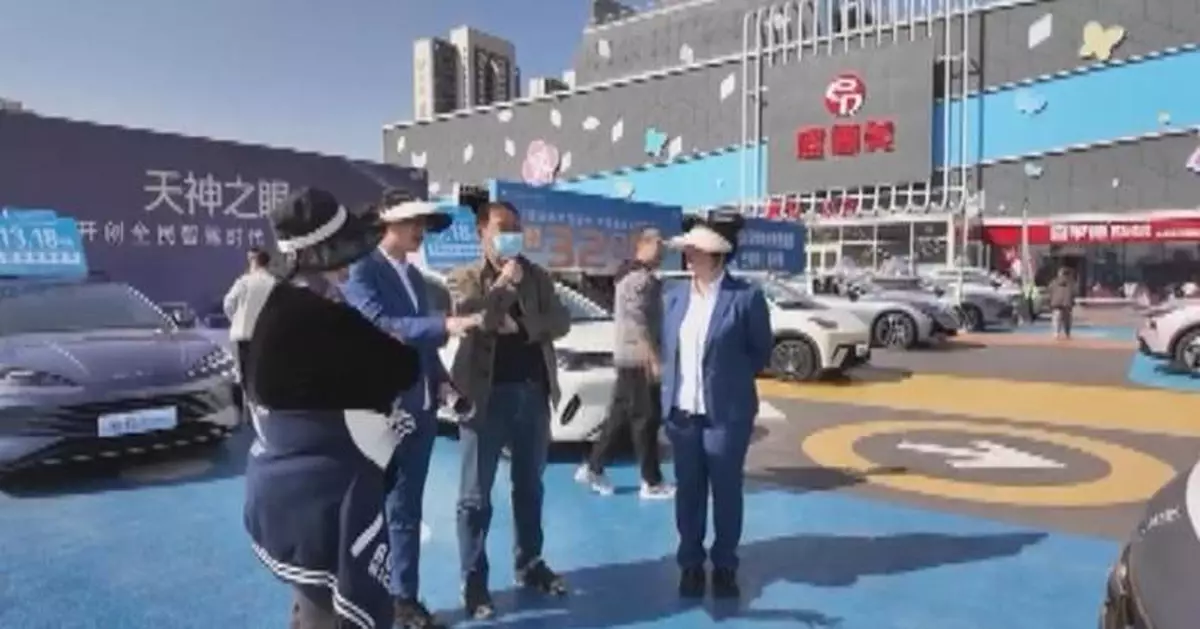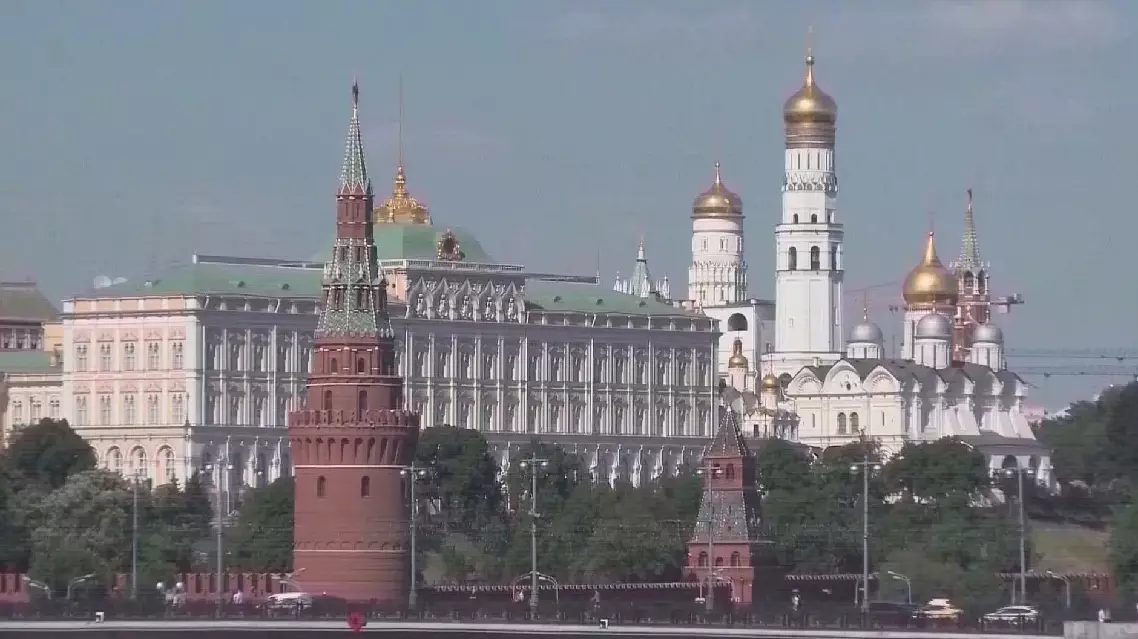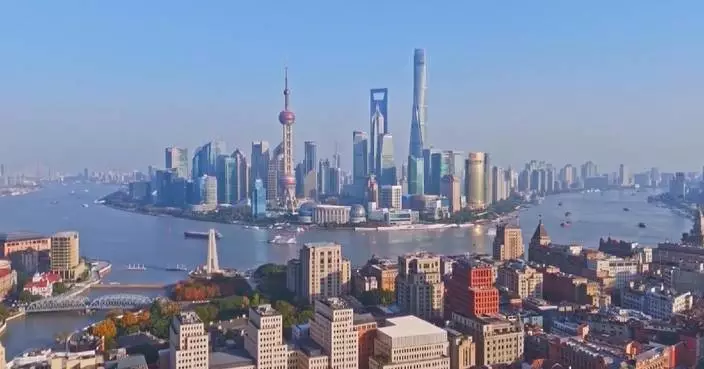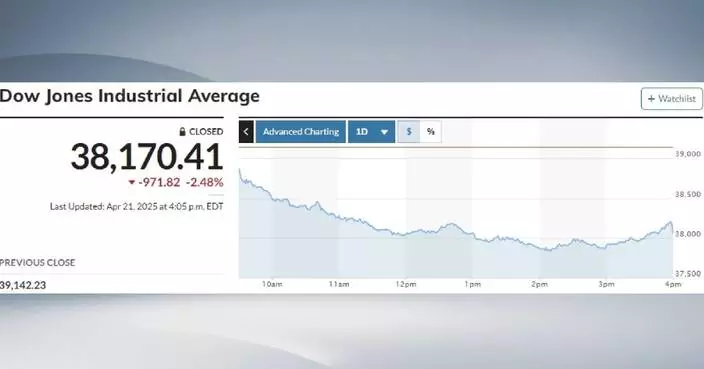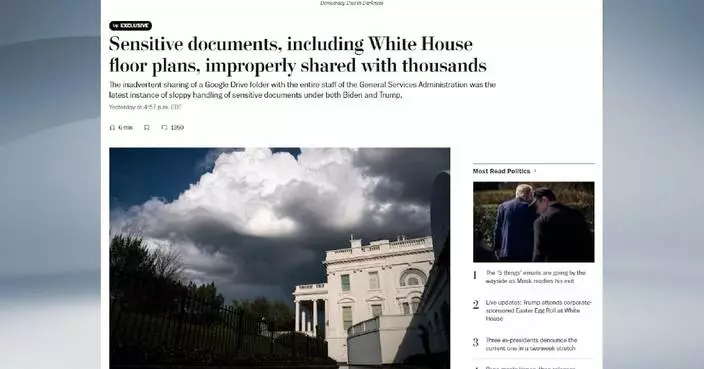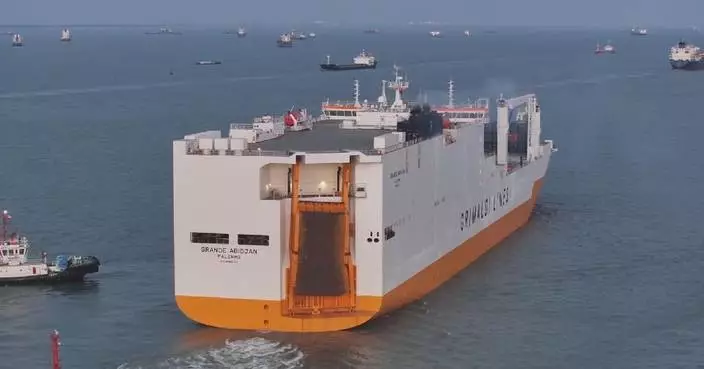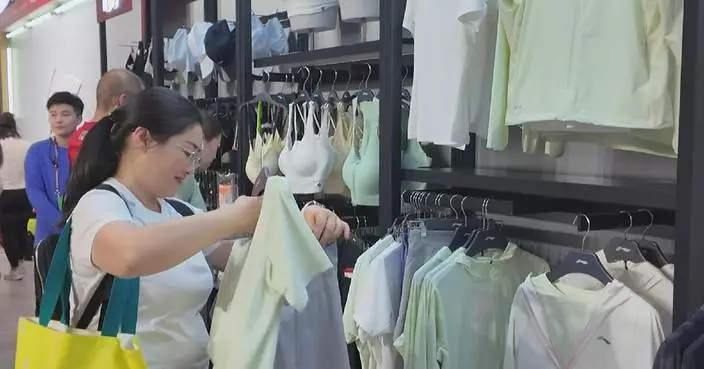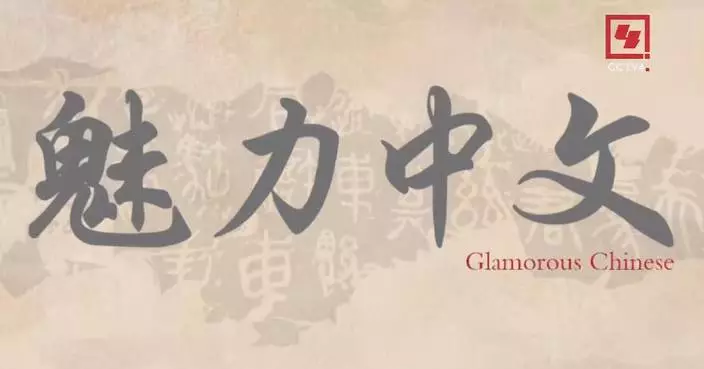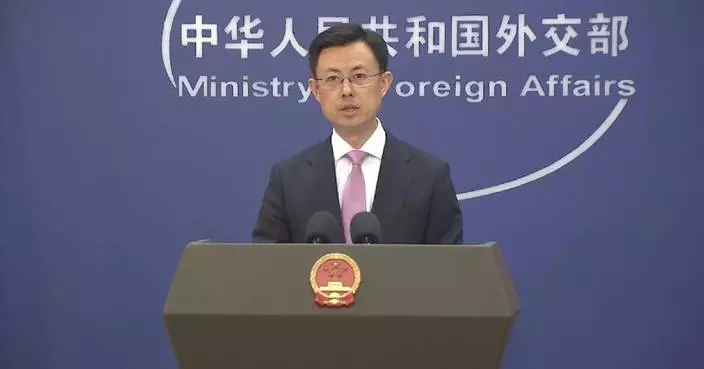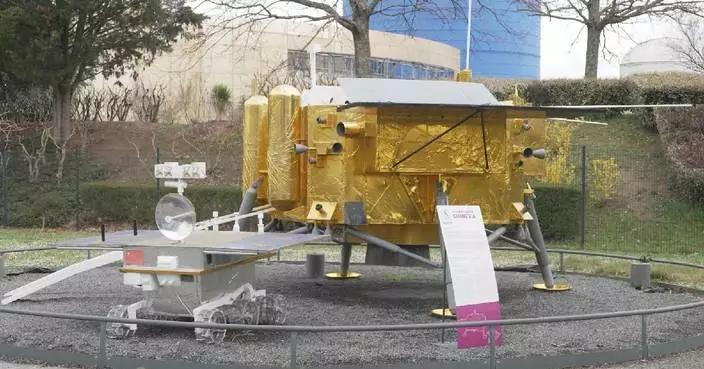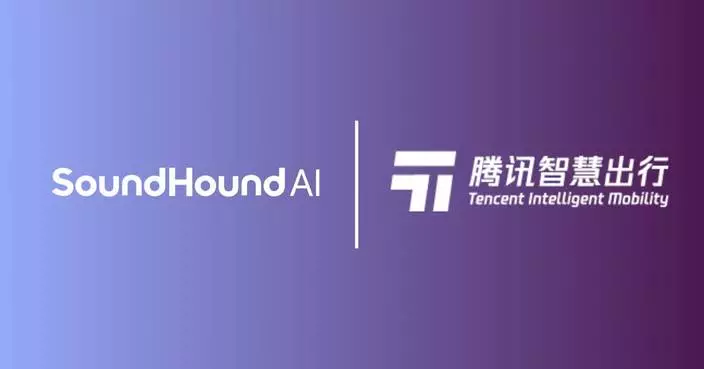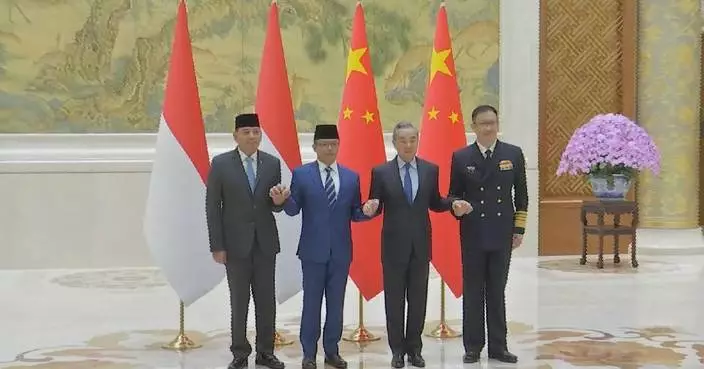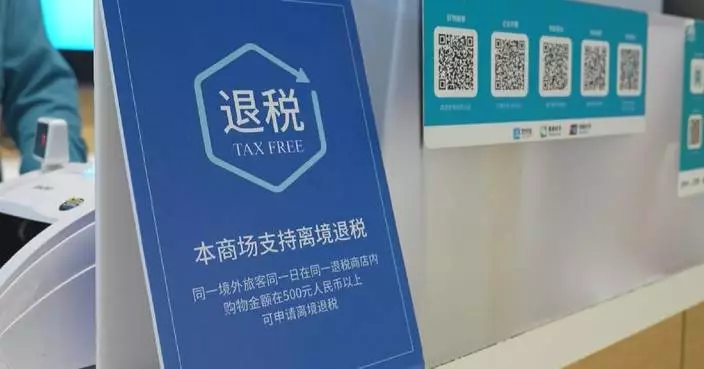China's enhanced trade-in policy has stimulated the auto market, boosting sales and fostering growth across related industries.
The new program, covering more vehicles this year, provides subsidies for trade-ins of new energy passenger vehicles for up to 20,000 yuan (2,745 U.S. dollars) and of fuel passenger vehicles for up to 15,000 yuan, announced by the Ministry of Commerce and seven other government departments in January.
Promotional events have been held for consumers. In Zibo City, east China's Shandong Province, an event drew large crowds eager to experience the latest offerings from over ten Chinese and international new energy vehicle (NEV) brands.
More than 40 models were on display, impressing consumers with the advancements in automotive technology.
"What impressed me the most it the intelligent functions. It can sense pedestrians and electric bikes around it. I also love the automatic battery swapping function," said a resident.
Meanwhile, local dealerships have seen growth in sales as the city's new subsidy guidelines for auto scrapping and replacement have further fueled people's interests in new car purchases.
"Customers are very interested in the policy. Many of them are coming specifically because of the subsidies. Our sales volume has increased by about 50 percent compared to the same period last year," said Huang Binglong, sales manager at a SAIC Roewe 4S dealership.
The benefits are extending beyond auto sellers to the auto dismantling sector, where companies streamlined services to facilitate convenience for car owners to scrap their old vehicles. "We provide a one-stop car scrapping service. After car owners book online and the verification is passed, we will contact them to arrange the time and location for the vehicle pickup," said Wang Ruiying, a customer manager at a vehicle recycling and dismantling company in Dezhou City.
According to the Ministry of Commerce, as of Tuesday, 2.085 million trade-in subsidy applications have been received, with 696,000 for vehicle scrapping and 1.389 million for replacements.
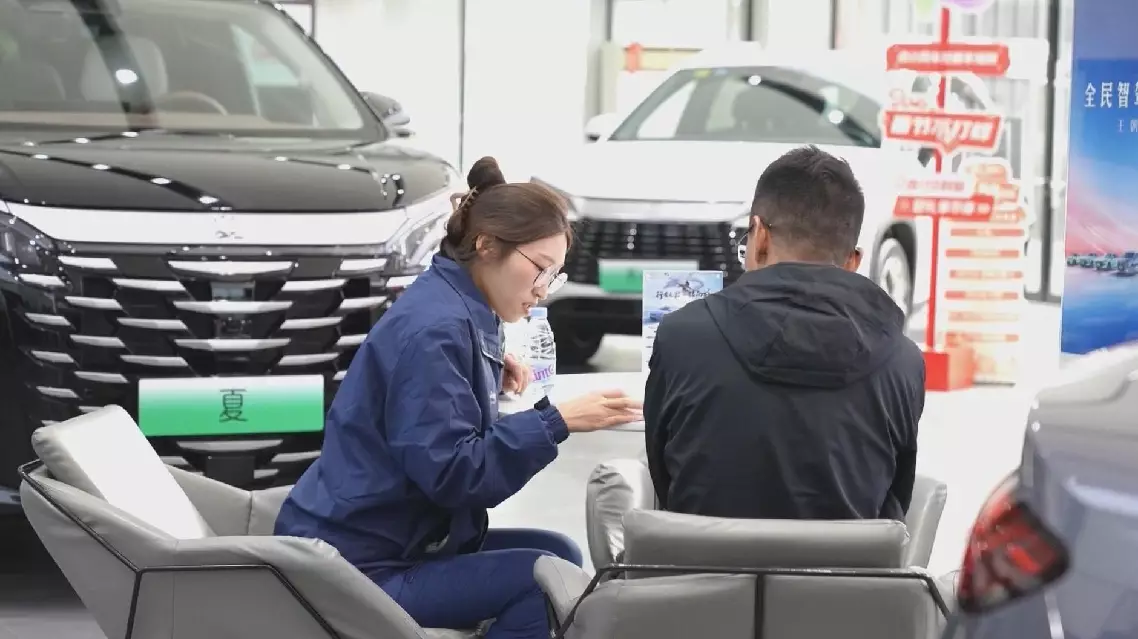
China's trade-in policy drives auto market growth, boosts related industries
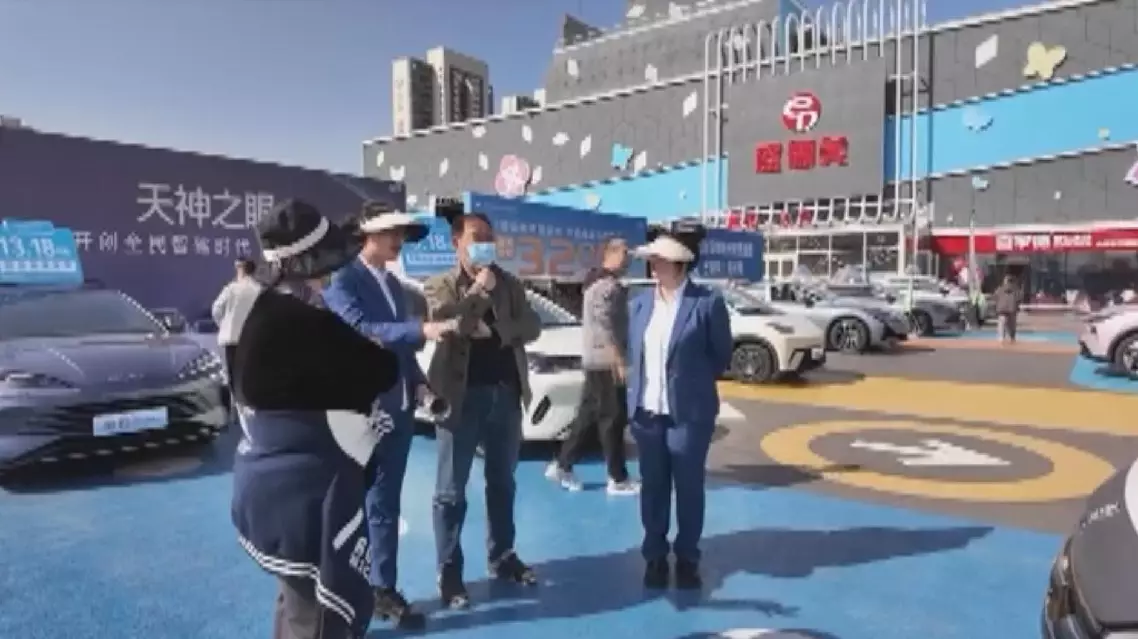
China's trade-in policy drives auto market growth, boosts related industries


